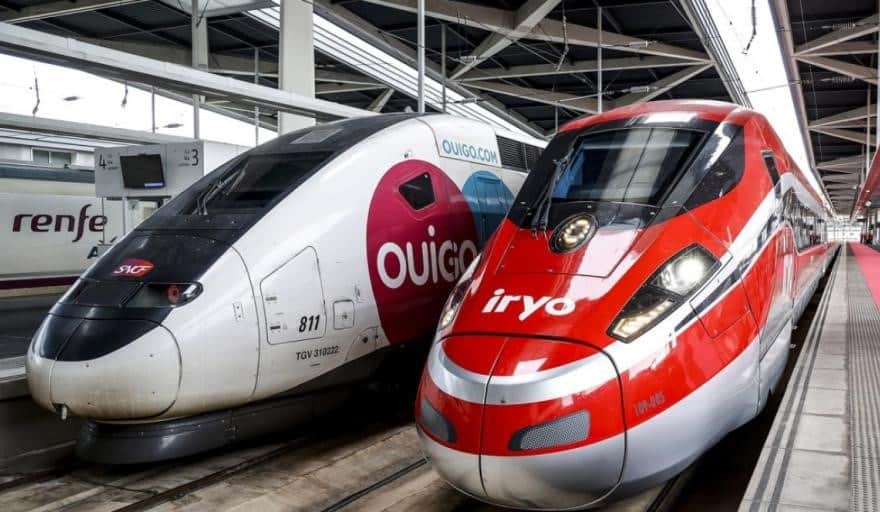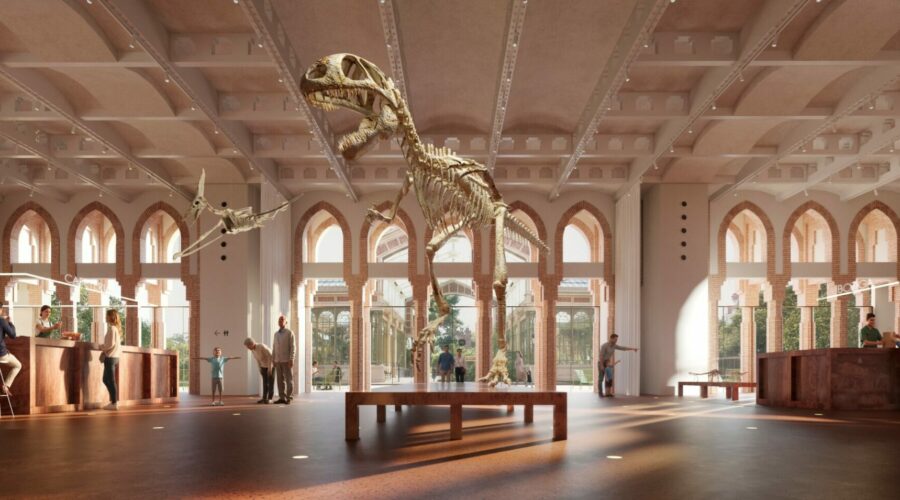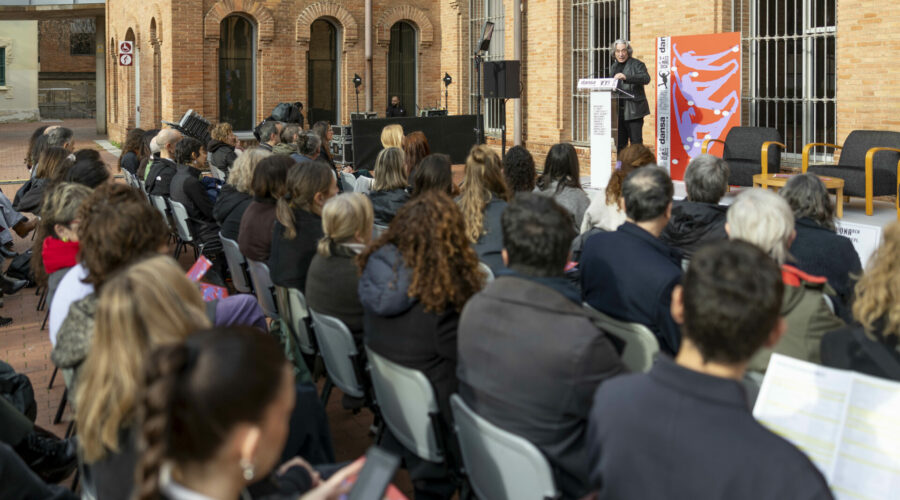In a historic turning point for the Spanish railway market, the deregulation of the high-speed service marked the end of the monopoly held for years by Renfe.
This opening to competition had a significant impact, leading to a reconfiguration of the sector and causing ticket prices to fall, with reductions of up to 65%.
The liberalization of the high-speed market was the catalyst that allowed the entry of private companies, putting an end to Renfe’s historical monopoly. This new scenario has led to an intensification of competition, with a consequent improvement in tariffs and an increase in the quality of service.
The Railway Infrastructure Administration (ADIF) played a key role in promoting deregulation.
This change has allowed new companies to enter the Spanish market, including Iryo (controlled by the Italian consortium Trenitalia, Air Nostrum and Globalvía), Ouigo (of the French state-owned SNCF group), and the AVLO brand, the low-cost version of Renfe.
Railway market with falling prices
The liberalization of high-speed rail not only affected the structure of the market, but also had a significant impact on the participation of the different modes of transport.
On key routes, such as Madrid-Barcelona, Madrid-Valencia and Madrid-Alicante, trains captured a considerable percentage of passengers, even reaching 90% in some cases.
This phenomenon has led to direct competition with commercial aviation, as high-speed trains offer an attractive alternative in terms of efficiency and comfort.
One of the most notable consequences of this liberalization has been the significant drop in ticket prices. On routes such as Madrid-Barcelona, the average price was reduced to €35 over 2023, which is an impressive 65% less than in 2019 and 22% less than in 2021, when the new companies entered the market.
This downward trend was also reflected on other major routes, such as Madrid-Valencia, Madrid-Alicante and Madrid-Malaga, where prices fell by between 37% and 47%.
The future of competition
Market liberalization does not seem to stop here. ADIF is planning new openings to allow the entry of more companies in already deregulated corridors, while contemplating opening the game to new competitions on routes to Galicia, the Mediterranean and the connection to Murcia.
This vision for the future raises questions about profitability amid a growing tariff “war”, while promising to improve high-speed connections with the rest of Europe.
Local and foreign companies have expressed their interest in participating in this new market liberalization scheme. Notable examples include Spain’s leading bus company Alsa, together with Eco Raíl, part of the Magtel group.




